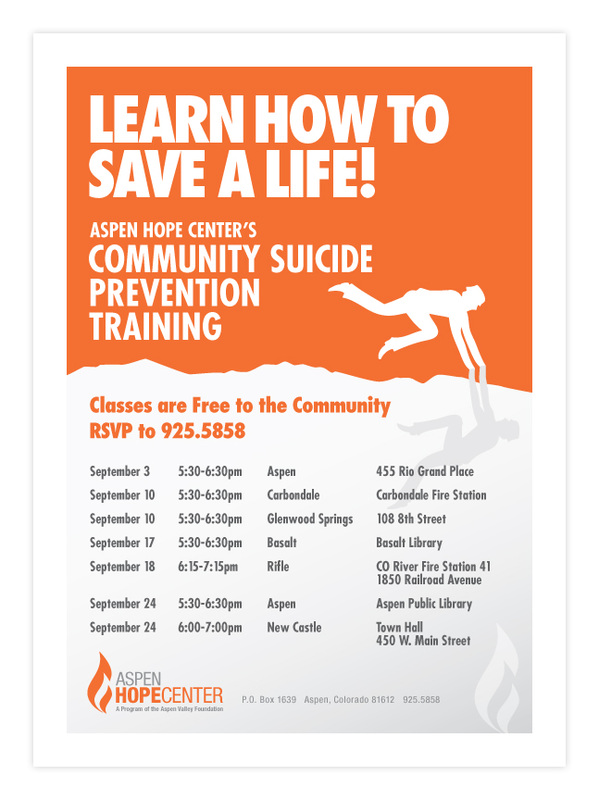 And here's why... The following is a list of Cognitive Distortions, or THINKING ERRORS. These are the ways of thinking that keep us stuck. Learning how to correct these types of thinking helps us move forward and make forward motion toward our life goals. WHICH ONES DO YOU YOU MOST OFTEN? Aaron Beck first proposed the theory behind cognitive distortions and David Burns was responsible for popularizing it with common names and examples for the distortions. 1. Filtering. We take the negative details and magnify them while filtering out all positive aspects of a situation. For instance, a person may pick out a single, unpleasant detail and dwell on it exclusively so that their vision of reality becomes darkened or distorted. 2. Polarized Thinking (or “Black and White” Thinking). In polarized thinking, things are either “black-or-white.” We have to be perfect or we’re a failure — there is no middle ground. You place people or situations in “either/or” categories, with no shades of gray or allowing for the complexity of most people and situations. If your performance falls short of perfect, you see yourself as a total failure. 3. Overgeneralization. In this cognitive distortion, we come to a general conclusion based on a single incident or a single piece of evidence. If something bad happens only once, we expect it to happen over and over again. A person may see a single, unpleasant event as part of a never-ending pattern of defeat. 4. Jumping to Conclusions. Without individuals saying so, we know what they are feeling and why they act the way they do. In particular, we are able to determine how people are feeling toward us. For example, a person may conclude that someone is reacting negatively toward them but doesn’t actually bother to find out if they are correct. Another example is a person may anticipate that things will turn out badly, and will feel convinced that their prediction is already an established fact. 5. Catastrophizing. We expect disaster to strike, no matter what. This is also referred to as “magnifying or minimizing.” We hear about a problem and use what if questions (e.g., “What if tragedy strikes?” “What if it happens to me?”). For example, a person might exaggerate the importance of insignificant events (such as their mistake, or someone else’s achievement). Or they may inappropriately shrink the magnitude of significant events until they appear tiny (for example, a person’s own desirable qualities or someone else’s imperfections). With practice, you can learn to answer each of these cognitive distortions. 6. Personalization. Personalization is a distortion where a person believes that everything others do or say is some kind of direct, personal reaction to the person. We also compare ourselves to others trying to determine who is smarter, better looking, etc. A person engaging in personalization may also see themselves as the cause of some unhealthy external event that they were not responsible for. For example, “We were late to the dinner party and caused the hostess to overcook the meal. If I had only pushed my husband to leave on time, this wouldn’t have happened.” 7. Control Fallacies. If we feel externally controlled, we see ourselves as helpless a victim of fate. For example, “I can’t help it if the quality of the work is poor, my boss demanded I work overtime on it.” The fallacy of internal control has us assuming responsibility for the pain and happiness of everyone around us. For example, “Why aren’t you happy? Is it because of something I did?” 8. Fallacy of Fairness. We feel resentful because we think we know what is fair, but other people won’t agree with us. As our parents tell us when we’re growing up and something doesn’t go our way, “Life isn’t always fair.” People who go through life applying a measuring ruler against every situation judging its “fairness” will often feel badly and negative because of it. Because life isn’t “fair” — things will not always work out in your favor, even when you think they should. 9. Blaming. We hold other people responsible for our pain, or take the other track and blame ourselves for every problem. For example, “Stop making me feel bad about myself!” Nobody can “make” us feel any particular way — only we have control over our own emotions and emotional reactions. 10. Shoulds. We have a list of ironclad rules about how others and we should behave. People who break the rules make us angry, and we feel guilty when we violate these rules. A person may often believe they are trying to motivate themselves with shoulds and shouldn’ts, as if they have to be punished before they can do anything. For example, “I really should exercise. I shouldn’t be so lazy.” Musts and oughts are also offenders. The emotional consequence is guilt. When a person directs should statements toward others, they often feel anger, frustration and resentment. 11. Emotional Reasoning. We believe that what we feel must be true automatically. If we feel stupid and boring, then we must be stupid and boring. You assume that your unhealthy emotions reflect he way things really are — “I feel it, therefore it must be true.” 12. Fallacy of Change. We expect that other people will change to suit us if we just pressure or cajole them enough. We need to change people because our hopes for happiness seem to depend entirely on them. 13. Global Labeling. We generalize one or two qualities into a negative global judgment. These are extreme forms of generalizing, and are also referred to as “labeling” and “mislabeling.” Instead of describing an error in context of a specific situation, a person will attach an unhealthy label to themselves. For example, they may say, “I’m a loser” in a situation where they failed at a specific task. When someone else’s behavior rubs a person the wrong way, they may attach an unhealthy label to him, such as “He’s a real jerk.” Mislabeling involves describing an event with language that is highly colored and emotionally loaded. For example, instead of saying someone drops her children off at daycare every day, a person who is mislabeling might say that “she abandons her children to strangers.” 14. Always Being Right. We are continually on trial to prove that our opinions and actions are correct. Being wrong is unthinkable and we will go to any length to demonstrate our rightness. For example, “I don’t care how badly arguing with me makes you feel, I’m going to win this argument no matter what because I’m right.” Being right often is more important than the feelings of others around a person who engages in this cognitive distortion, even loved ones. 15. Heaven’s Reward Fallacy. We expect our sacrifice and self-denial to pay off, as if someone is keeping score. We feel bitter when the reward doesn’t come. References: Beck, A. T. (1976). Cognitive therapies and emotional disorders. New York: New American Library. Burns, D. D. (1980). Feeling good: The new mood therapy. New York: New American Library. Ask yourself the following questions: Adapted from Dr. David Olson, University of Minnesota
Since 1973, Dr. John Gottman has studied what he calls the "masters and disasters" of marriage. Ordinary people from the general public took part in long-term studies, and Dr. Gottman learned what makes marriages fail, what makes them succeed, and what can make marriages a source of great meaning. By examining partners’ heart rates, facial expressions, and how they talk about their relationship to each other and to other people, Dr. Gottman is able to predict with more than 90% accuracy which couples will make it, and which will not. What advice does Dr. Gottman have to offer? Below are some of his top suggestions for how to keep your marriage strong.
September is Suicide Prevention Month. Here is a list of Suicide Prevention Trainings (QPR) in our area. PLEASE consider attending one of these 1 hour training sessions. You could save a life! All sessions are FREE and open to the public.
What is QPR? QPR stands for Question, Persuade, and Refer -- 3 simple steps that anyone can learn to help save a life from suicide. Just as people trained in CPR and the Heimlich Maneuver help save thousands of lives each year, people trained in QPR learn how to recognize the warning signs of a suicide crisis and how to question, persuade, and refer someone to help. Each year thousands of Americans, like you, are saying "Yes" to saving the life of a friend, colleague, sibling, or neighbor. |
Mary Bowles, PsyD, abd, LMFTMy blog posts are just some of the bits of information I find useful for some or all of my clients. Archives
December 2021
|



 RSS Feed
RSS Feed